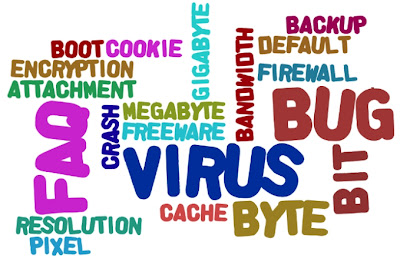Classical generally refers to something related to a specific time in the past when the thing we are talking about was at its best, or was the most characteristic.
The most common expression where classical appears in is undoubtedly classical music.
European classical music, strictly speaking, refers to the music of the years between 1730 and 1820, although the term 'classical music' did not appear until the early 19th Century. Beethoven (1770-1827), Mozart (1756-1791) and Haydn (1732-1809) are examples of classical music composers.
Tchaikovsky (1840-1893), Dvořák (1841-1904) and Rachmaninoff (1873-1943) were actually composers of the Romantic era (1815 - 1910).
However, if you asked me who my favourite classical music composers are, I'd say Dvořák, Rachmaninoff and Tchaikovsky. In other words, most of us use the term 'classical music' to refer more to the style, form and instrumentation of the music rather than merely the period.
Likewise, expressions such as classical Latin, classical Sanskrit, and classical Chinese all refer to its form of a certain period. Of course, classical is used to refer to other things like dance, costumes, poetry, etc, and they will all refer to a particular historical period.
On the other hand, classic refers to something which is very good, something which is very typical, or something with a timeless quality.
"They are a classic case of keeping up with the Joneses syndrome" means they are a typical example of that syndrome.
"The Godfather is now widely accepted as a Martin Scorcese classic" means that this film is a masterpiece of Martin Scorcese's.
"My favourite music art form is classic rock."
Perhaps in time to come, classic rock will be termed as classical rock, but for now, classical rock is used to refer to the form where the two genres combine, as in Deep Purple's Concerto for Group and Orchestra.




